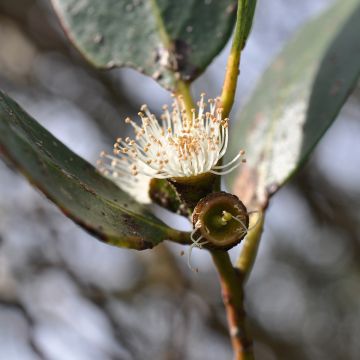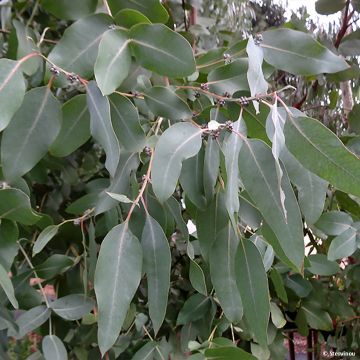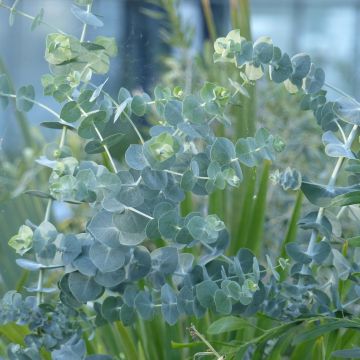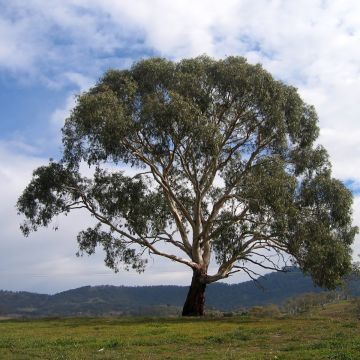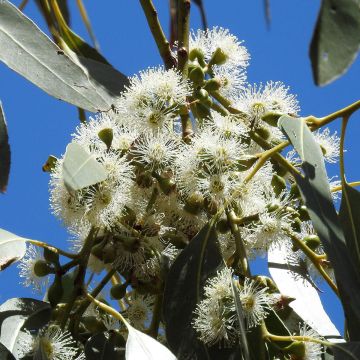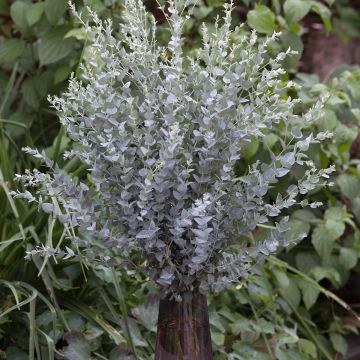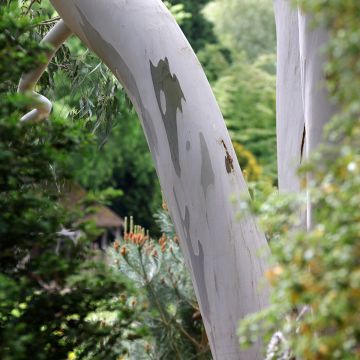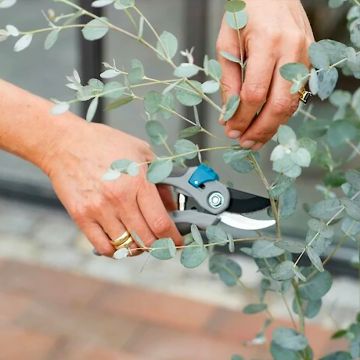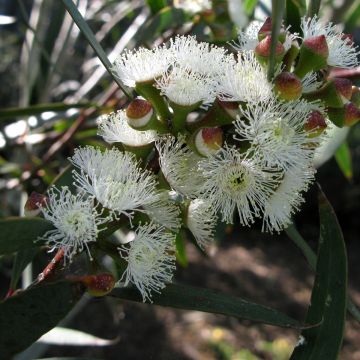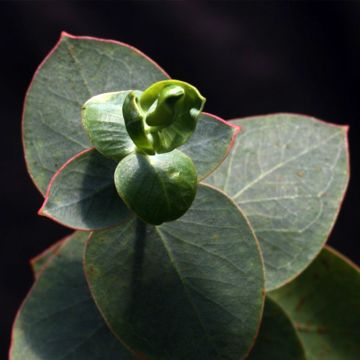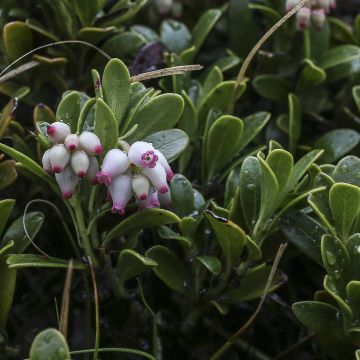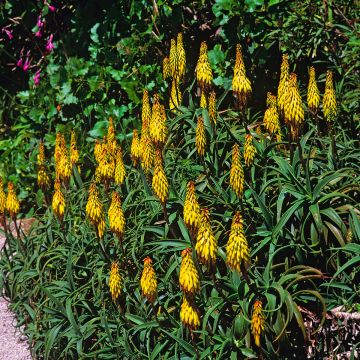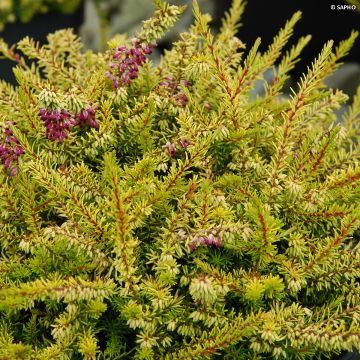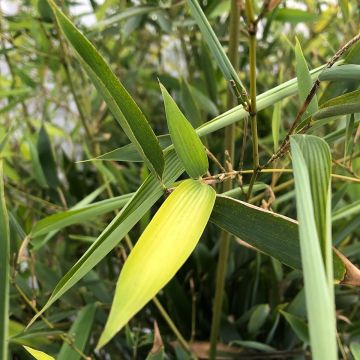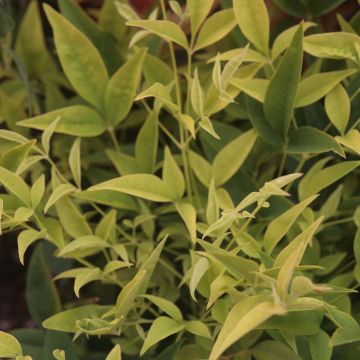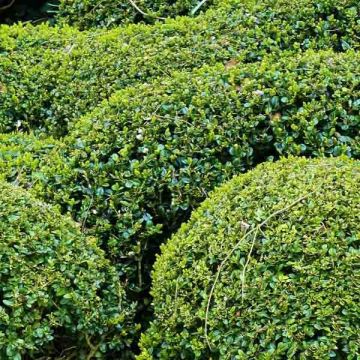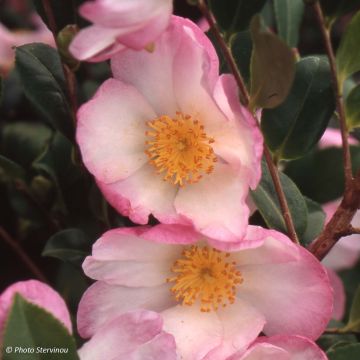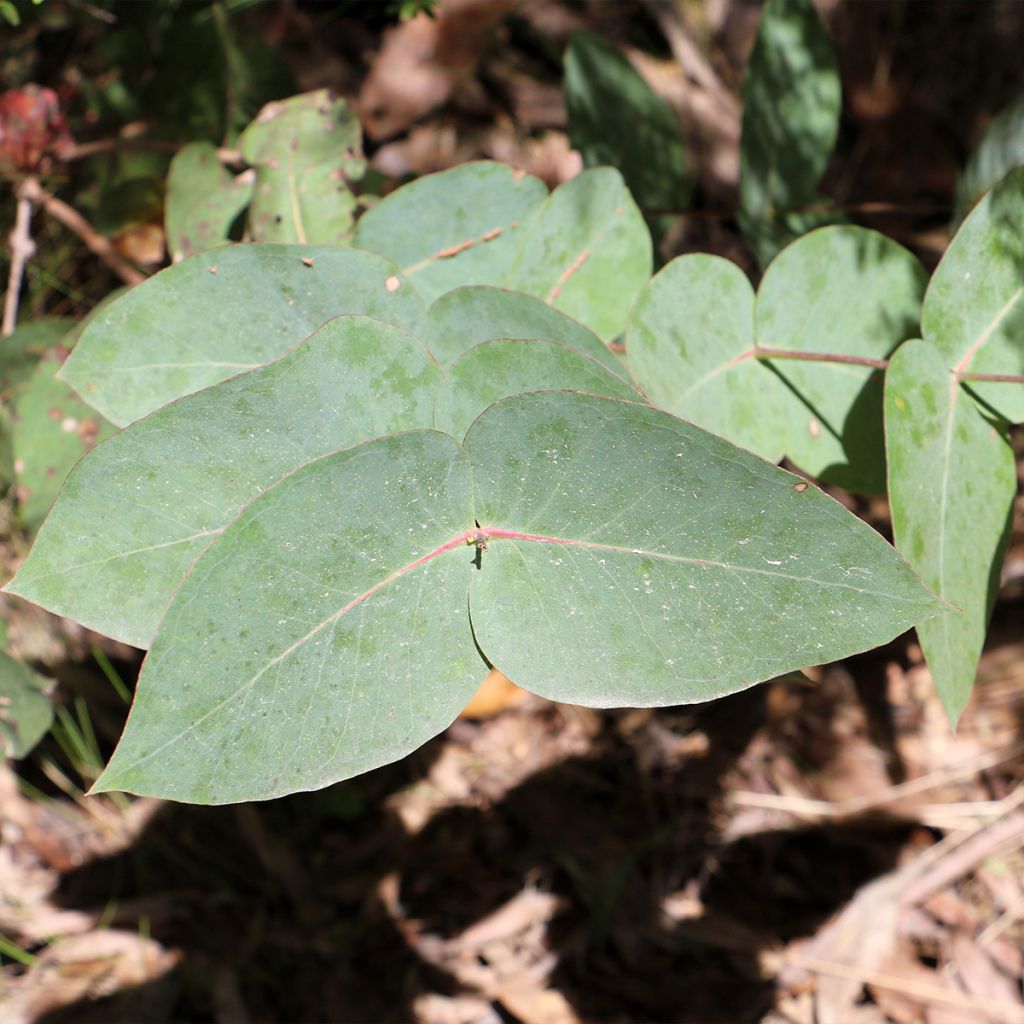

Eucalyptus nitens
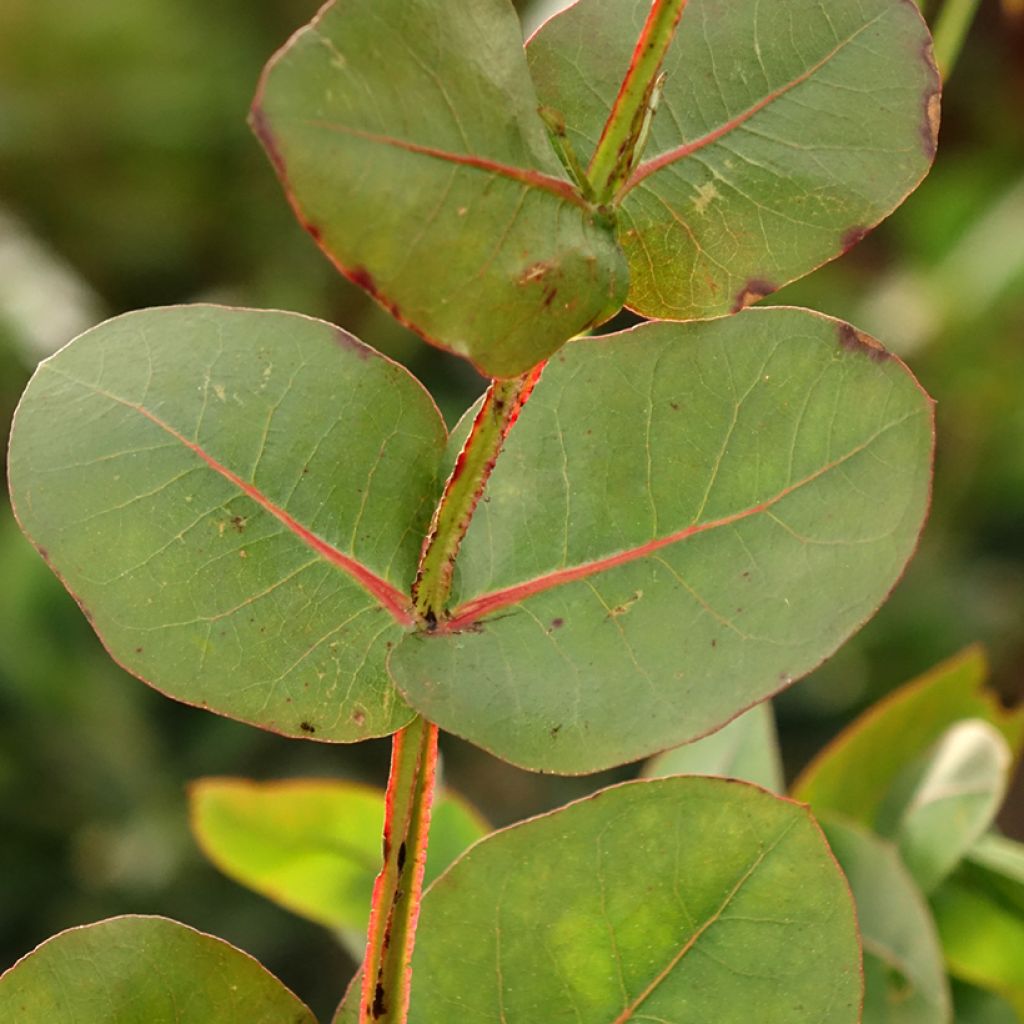

Eucalyptus nitens
Eucalyptus nitens
Eucalyptus nitens
Shining Gum
Special offer!
Receive a €20 voucher for any order over €90 (excluding delivery costs, credit notes, and plastic-free options)!
1- Add your favorite plants to your cart.
2- Once you have reached €90, confirm your order (you can even choose the delivery date!).
3- As soon as your order is shipped, you will receive an email containing your voucher code, valid for 3 months (90 days).
Your voucher is unique and can only be used once, for any order with a minimum value of €20, excluding delivery costs.
Can be combined with other current offers, non-divisible and non-refundable.
Home or relay delivery (depending on size and destination)
Schedule delivery date,
and select date in basket
This plant carries a 24 months recovery warranty
More information
We guarantee the quality of our plants for a full growing cycle, and will replace at our expense any plant that fails to recover under normal climatic and planting conditions.
Would this plant suit my garden?
Set up your Plantfit profile →
Description
Eucalyptus nitens is a species native to mountainous areas of Australia, which forms very large, fast-growing trees. Used as a source of timber, it is also a very ornamental tree, notably because of its beautiful bark. This is generally light in colour and can vary in different shades, and it peels off in large strips that sometimes persist for a long time on the tree before finally falling to the ground. The evergreen adult foliage is a beautiful shiny green, and it is particularly aromatic. A flowering of small white pompoms mixes with the foliage in the autumn. Showing good hardiness, this Eucalyptus can be planted in many regions, provided there is a large space available.
Eucalyptus are members of the large Myrtaceae family, which has about 3000 species often from the tropical or warm temperate zones of the globe. Eucalyptus nitens, like the vast majority of species of this genus, is native to Australia. It grows in a wide area that extends from the state of Victoria, in the south, to the north of New South Wales, on the eastern flank of the island continent. It is mainly found in mountain ranges, in fertile and moist soils, in climates which are mild to hot in summer and cool to cold in winter. Living at altitudes ranging from 800 to 1400 m (2624 ft 8 in to 4593 ft 2 in), it resists frost and snow, and also withstands wind well. In these regions, marked by high rainfall, it shows rapid growth and produces very large trees, which can reach 70 m (229 ft 8 in) in height. This forest species has economic importance, it is also planted in Tasmania to provide timber.
Unlike many other species of Eucalyptus, E. nitens does not develop a lignotuber, this underground formation that allows the plant to restart from the stump when the aerial part has been destroyed by a fire. However, it has epicormic buds (sprouts grown on the periphery of the trunk by the growth of the cambium), which also provide a certain ability to self-repair the aerial part. In case of a parasitic attack, the crown can thus regrow a damaged part of the canopy.
Eucalyptus nitens often develops a very straight trunk that rises high into the sky before dividing into branches that constitute the framework of the crown, rounded at the top. In the forest, due to the competition of other surrounding trees, the base of the tree is often bare, but when planted in isolation, it takes on a superb conical shape, quite wide, with a regular geometric shape of the most beautiful effect. Its bark has a remarkable appearance and is one of its main assets. It can be pale cream, pale grey to grey-green, with white or light brown shades. Its surface is smooth and it peels off in long ribbons that can sometimes persist for a long time on the trunk and even in the crown, giving it a particularly original appearance.
In a classic trait of Eucalyptus, two types of foliage are distinguished. The juvenile one consists of blue-green ovate to lanceolate leaves, measuring from 6.5 to 11 cm (2.6 to 4.3 in) long and 2.8 to 5.5 cm (1.1 to 2.2 in) wide. They are inserted opposite each other on the slightly winged, square stems. The adult foliage, on the other hand, is shiny green, with large lanceolate to crescent leaves, measuring from 10 cm (3.9 in) long by 1.5 cm (0.6 in) wide, up to 30 cm (11.8 in) by 4. This foliage is very fragrant, similar to that of E. globulus, a less hardy species that E. nitens can advantageously replace in cold areas. The shine of the leaves and bark gave this tree its species name, "nitens" meaning "shiny, sparkling" in Latin.
The flowering is quite typical of the genus, grouped in umbels of 7 small flowers evoking white pompoms. Without petals, these flowers are decorative by the bouquets of stamens that escape from the flower bud. Blooming from January to March in Australia, they appear in autumn in our climates. Fruits in the form of capsules succeed them, presenting no ornamental interest.
Eucalyptus nitens grows in neutral to acidic soils, tolerating a little limestone, as well as clay soils. It likes moist, soils, but can tolerate a little dryness in deep soils. Its mountain origin allows it to resist cold down to around -12°C/-15°C (5 °F), which allows it to be acclimatised in many regions. It should be planted in a humid climate, it is not a tree for scorching climates.
Eucalyptus nitens is perfect for a change of scenery by welcoming an imposing tree of exotic appearance and yet relatively hardy. However, you need to have enough space, because it can rise to 30 or 40 m (98 ft 5 in or 131 ft 2 in), with a span of 15 to 20 m (49 ft 2 in to 65 ft 7 in). In a large garden, you can enhance this exotic aspect by planting next to it a clump of giant bamboo like Phyllostachys vivax MacClure, whose emerald green canes can rise up to 15 m (49 ft 2 in) high. To play with contrasts of shapes, plant Tetrapanax papyrifera Rex with its gigantic leaves, which can exceed 1 m (3 ft 4 in) in diameter and are particularly architectural with their very marked cuts.
Report an error about the product description
Eucalyptus nitens in pictures
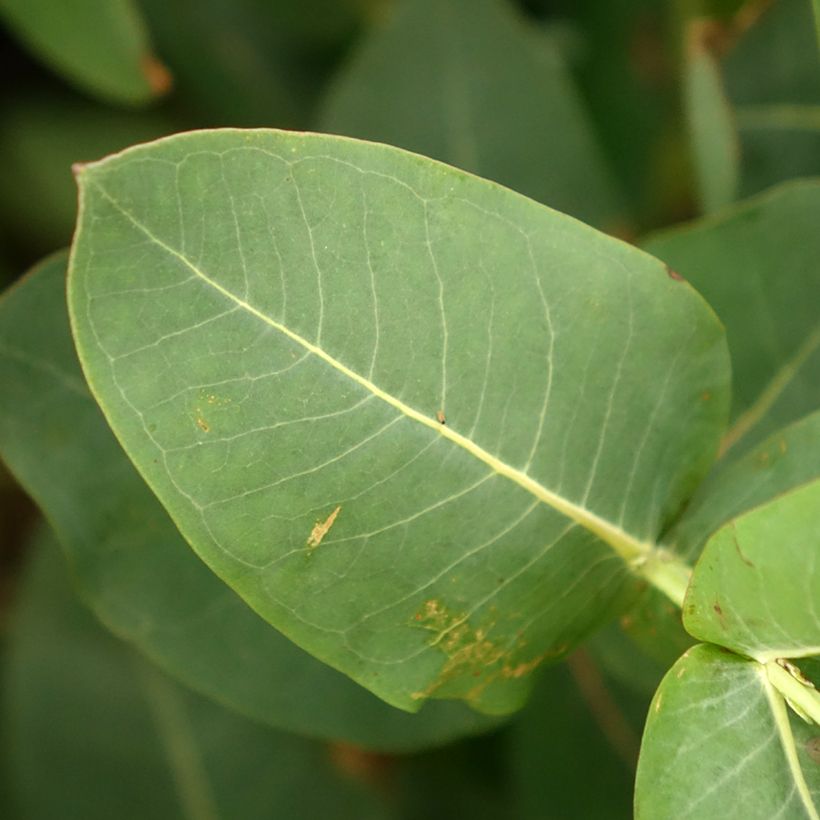

Plant habit
Flowering
Foliage
Botanical data
Eucalyptus
nitens
Myrtaceae
Shining Gum
Australia
Other Eucalyptus
View all →Planting and care
Eucalyptus nitens is best planted in the early autumn in mild regions, or in the early spring in colder ones. It enjoys a not too dry to moist soil, in a very sunny situation and prefers neutral to acidic soils. However, this mountain species does not like scorching summers and dry lands, but once well-rooted, it tolerates brief dry spells. Make a deep planting hole and enrich it with slightly acidic planting compost (about pH 6) by mixing it with the existing soil. A deep and well-prepared soil will help it better withstand dry spells.
Water well at planting, then regularly for the first two years, especially in dry weather. Then in the following years, water during the summer. Gum trees are useful for drying up wet lands, as they are big water consumers even in winter.
Planting period
Intended location
Care
This item has not been reviewed yet - be the first to leave a review about it.
Similar products
Haven't found what you were looking for?
Hardiness is the lowest winter temperature a plant can endure without suffering serious damage or even dying. However, hardiness is affected by location (a sheltered area, such as a patio), protection (winter cover) and soil type (hardiness is improved by well-drained soil).

Photo Sharing Terms & Conditions
In order to encourage gardeners to interact and share their experiences, Promesse de fleurs offers various media enabling content to be uploaded onto its Site - in particular via the ‘Photo sharing’ module.
The User agrees to refrain from:
- Posting any content that is illegal, prejudicial, insulting, racist, inciteful to hatred, revisionist, contrary to public decency, that infringes on privacy or on the privacy rights of third parties, in particular the publicity rights of persons and goods, intellectual property rights, or the right to privacy.
- Submitting content on behalf of a third party;
- Impersonate the identity of a third party and/or publish any personal information about a third party;
In general, the User undertakes to refrain from any unethical behaviour.
All Content (in particular text, comments, files, images, photos, videos, creative works, etc.), which may be subject to property or intellectual property rights, image or other private rights, shall remain the property of the User, subject to the limited rights granted by the terms of the licence granted by Promesse de fleurs as stated below. Users are at liberty to publish or not to publish such Content on the Site, notably via the ‘Photo Sharing’ facility, and accept that this Content shall be made public and freely accessible, notably on the Internet.
Users further acknowledge, undertake to have ,and guarantee that they hold all necessary rights and permissions to publish such material on the Site, in particular with regard to the legislation in force pertaining to any privacy, property, intellectual property, image, or contractual rights, or rights of any other nature. By publishing such Content on the Site, Users acknowledge accepting full liability as publishers of the Content within the meaning of the law, and grant Promesse de fleurs, free of charge, an inclusive, worldwide licence for the said Content for the entire duration of its publication, including all reproduction, representation, up/downloading, displaying, performing, transmission, and storage rights.
Users also grant permission for their name to be linked to the Content and accept that this link may not always be made available.
By engaging in posting material, Users consent to their Content becoming automatically accessible on the Internet, in particular on other sites and/or blogs and/or web pages of the Promesse de fleurs site, including in particular social pages and the Promesse de fleurs catalogue.
Users may secure the removal of entrusted content free of charge by issuing a simple request via our contact form.
The flowering period indicated on our website applies to countries and regions located in USDA zone 8 (France, the United Kingdom, Ireland, the Netherlands, etc.)
It will vary according to where you live:
- In zones 9 to 10 (Italy, Spain, Greece, etc.), flowering will occur about 2 to 4 weeks earlier.
- In zones 6 to 7 (Germany, Poland, Slovenia, and lower mountainous regions), flowering will be delayed by 2 to 3 weeks.
- In zone 5 (Central Europe, Scandinavia), blooming will be delayed by 3 to 5 weeks.
In temperate climates, pruning of spring-flowering shrubs (forsythia, spireas, etc.) should be done just after flowering.
Pruning of summer-flowering shrubs (Indian Lilac, Perovskia, etc.) can be done in winter or spring.
In cold regions as well as with frost-sensitive plants, avoid pruning too early when severe frosts may still occur.
The planting period indicated on our website applies to countries and regions located in USDA zone 8 (France, United Kingdom, Ireland, Netherlands).
It will vary according to where you live:
- In Mediterranean zones (Marseille, Madrid, Milan, etc.), autumn and winter are the best planting periods.
- In continental zones (Strasbourg, Munich, Vienna, etc.), delay planting by 2 to 3 weeks in spring and bring it forward by 2 to 4 weeks in autumn.
- In mountainous regions (the Alps, Pyrenees, Carpathians, etc.), it is best to plant in late spring (May-June) or late summer (August-September).
The harvesting period indicated on our website applies to countries and regions in USDA zone 8 (France, England, Ireland, the Netherlands).
In colder areas (Scandinavia, Poland, Austria...) fruit and vegetable harvests are likely to be delayed by 3-4 weeks.
In warmer areas (Italy, Spain, Greece, etc.), harvesting will probably take place earlier, depending on weather conditions.
The sowing periods indicated on our website apply to countries and regions within USDA Zone 8 (France, UK, Ireland, Netherlands).
In colder areas (Scandinavia, Poland, Austria...), delay any outdoor sowing by 3-4 weeks, or sow under glass.
In warmer climes (Italy, Spain, Greece, etc.), bring outdoor sowing forward by a few weeks.






























